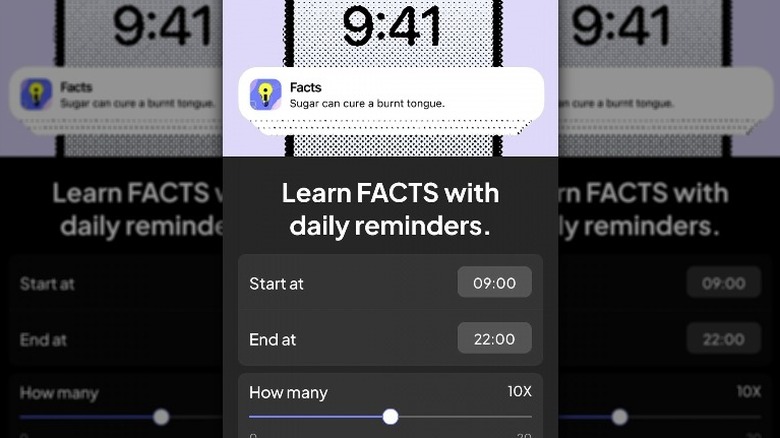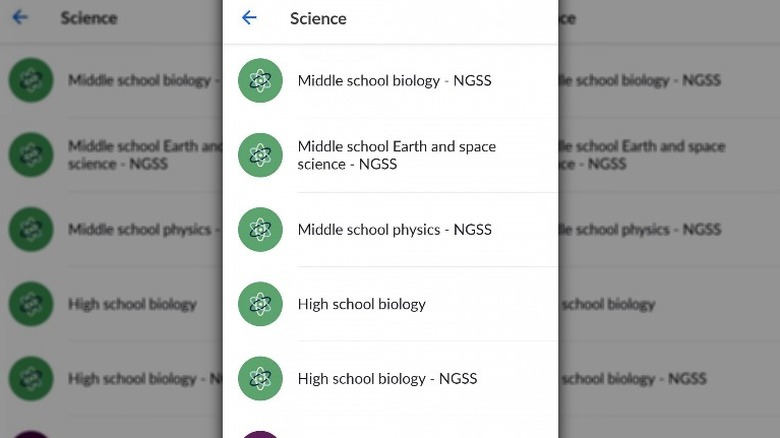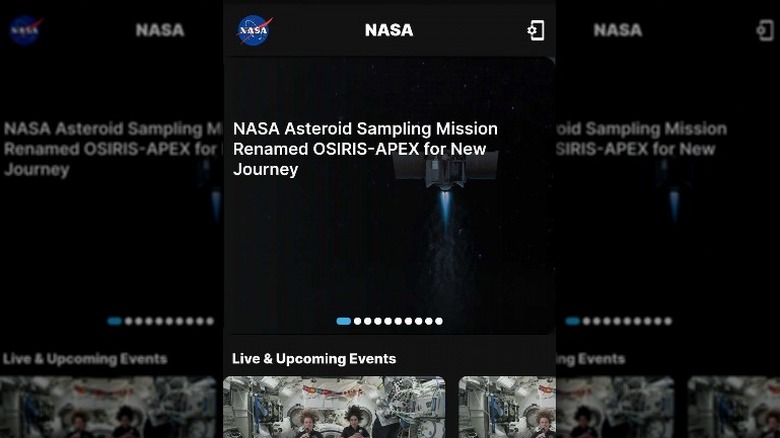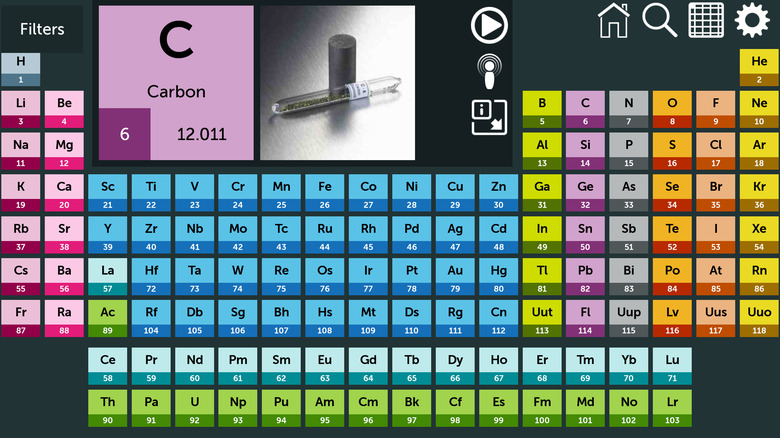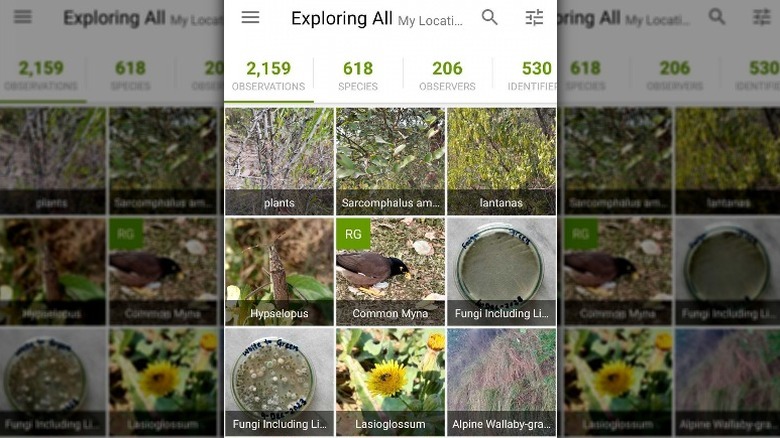5 Apps Every Science Buff Should Have Installed
If you are a science buff, you probably love to learn new things about the natural world and how it works. You might also enjoy experimenting, exploring, and discovering new phenomena and facts. Fortunately, you don't need to go to a lab or a museum to satisfy your curiosity in the age of smartphones. There are a variety of science apps that can help you expand your knowledge, test your skills, and have fun with science.
Below, we introduce you to five of the best science apps that you can download and use on your device. These apps cover different fields and topics of science, such as chemistry, physics, biology, astronomy, and more. They also offer different features and functions, such as quizzes, games, videos, podcasts, articles, and more. Whether you want to learn more about the periodic table, the solar system, the human body, or the latest scientific news and discoveries, these apps have something for you.
Daily Random Facts
In a world buzzing with information, the Daily Random Facts app offers a neat solution for those who enjoy a daily sprinkling of intriguing knowledge. It's an app that provides you with quick info every day, covering all sorts of things like science and history.
Once the app is installed on your device, you can get started by setting up daily reminders of interesting facts. You can pick the duration of these reminders, the frequency, and the notification sound. Then, choose a theme for the app and the topics you are interested in from the options available. Once everything is set, you can pick the plan you want to proceed with. If you choose the Premium plan, you will get access to a three-day free trial.
Upon launching the app, you can swipe through the general facts that are ideal for younger children. The app has a mechanism that ensures users don't see the same fact twice. You can also save, favorite, and check for the source of the fact. To change the font of the background, click on the paintbrush icon at the bottom. The General button at the bottom left will take you to the different categories of facts available, which you can browse through.
In case you don't want the app buzzing with notifications and prefer reading the facts by opening the app, you can disable the app notifications on your Android or iOS device.
The app is available for download on Google Play Store and the App Store.
Khan Academy
Khan Academy is like a super-helpful teacher on your phone or computer. It's completely free, so you can learn about lots of things like math, science, and history without paying a dime. You can learn from expert-created content that covers kindergarten through early college courses and test-prep and college-prep resources.
After learning something, you can also practice with exercises, quizzes, and tests that provide feedback. The learning experience is tailored according to your level, and the algorithm will recommend relevant videos as you move forward. You can see how well you're doing by tracking your progress. It keeps tabs on what you've learned and where you can improve.
Apart from the Science section in the Explore tab, you can use the Partner Content, a collection of free educational resources from various organizations and institutions collaborating with Khan Academy. Some of the content that might interest you include:
- Biodiversity by the California Academy of Sciences offers courses on biodiversity, such as why it is important, how it is studied, and how it can be protected.
- American Museum of Natural History has courses on natural history, such as dinosaurs, the universe, human evolution, earthquakes, and volcanoes.
- NASA has courses on space exploration, such as mission control, measuring the universe, and exploring the universe.
The app is available for download on Google Play Store and the App Store.
NASA
If you are interested in everything related to space, the NASA App is one of the best iOS and Android apps for astronomy. It provides access to various NASA resources, such as news, images, videos, podcasts, live TV, mission information, and more. It also has interactive features like 3D and AR models, a SkyView tool, and an ISS tracker.
The app has a simple and easy-to-navigate design, with a menu bar at the bottom that lets you switch between different sections. You have the option to read informative content related to Earth, climate, space, the universe, related technology, etc. If you prefer visual learning, the Watch section has tons of content for every age group. The Explore tab lets you explore a simulated view of our Solar System with 3D and AR models of planets, moons, asteroids, comets, and spacecraft.
Next, the View section lets you browse and view thousands of images and videos from NASA's missions, facilities, and programs. You can also save your favorite images and videos for offline viewing or share them with others via social media or email. The next section, Listen, allows you to listen to the latest NASA podcasts featuring astronauts and experts. You can also access NASA's live radio streams, such as NASA Public Radio and Third Rock Radio.
The app is available for download on Google Play Store and the App Store.
Periodic Table
If you like chemistry, having a periodic table app can serve as your instant go-to reference for all things elemental, providing quick and easy access to detailed information about each element, from atomic number to atomic weight. It can be a handy study aid, reinforcing your understanding of element properties and making it easier to grasp complex concepts in chemistry.
The Periodic Table app is a free app that provides access to various resources and features related to chemical elements. It is based on the popular and well-respected Royal Society of Chemistry Periodic Table website and covers all 118 chemical elements, with their atomic numbers, weights, symbols, and names. You can also see elements in their natural state and real-life applications.
Once you download and launch the app, you will need to enter the current level of your scientific understanding. This will help the app gather relevant data that can improve your knowledge. You can learn more about each element by tapping its name or icon. Apart from the text-based knowledge, you will also find video and audio-based information to explain more about different elements in detail.
In case you want to test your knowledge, you can use the Periodic Table Quiz app with this app to keep track of how well you are doing. You can find it on Google Play Store as well as the App Store.
iNaturalist
iNaturalist is a citizen science app that invites users to explore and document biodiversity in their surroundings. The app facilitates the observation and identification of various organisms, including plants, animals, and fungi, by allowing users to capture images in their natural habitats.
You can view the findings shared by other users and upload your own as well. It has an image recognition feature that suggests possible identifications for your photos. You can also get feedback and confirmation from other users and experts. The app uses GPS technology, which you can use to track the location of your observations and explore a global map showcasing biodiversity.
In addition to its observational features, iNaturalist offers you educational resources on various species. You can access this information by opening the menu and choosing Guides. This section lets you access and create interactive online pictorial guides to help you identify and learn about the species, including the ones found in your area. You also have the option to join and create projects that pool your observations with other people on iNaturalist. Projects can be used for various purposes, such as running a bioblitz, tracking and displaying a set of observations, communicating with project participants, or contributing to scientific research. It is available on Google Play Store and the App Store.

